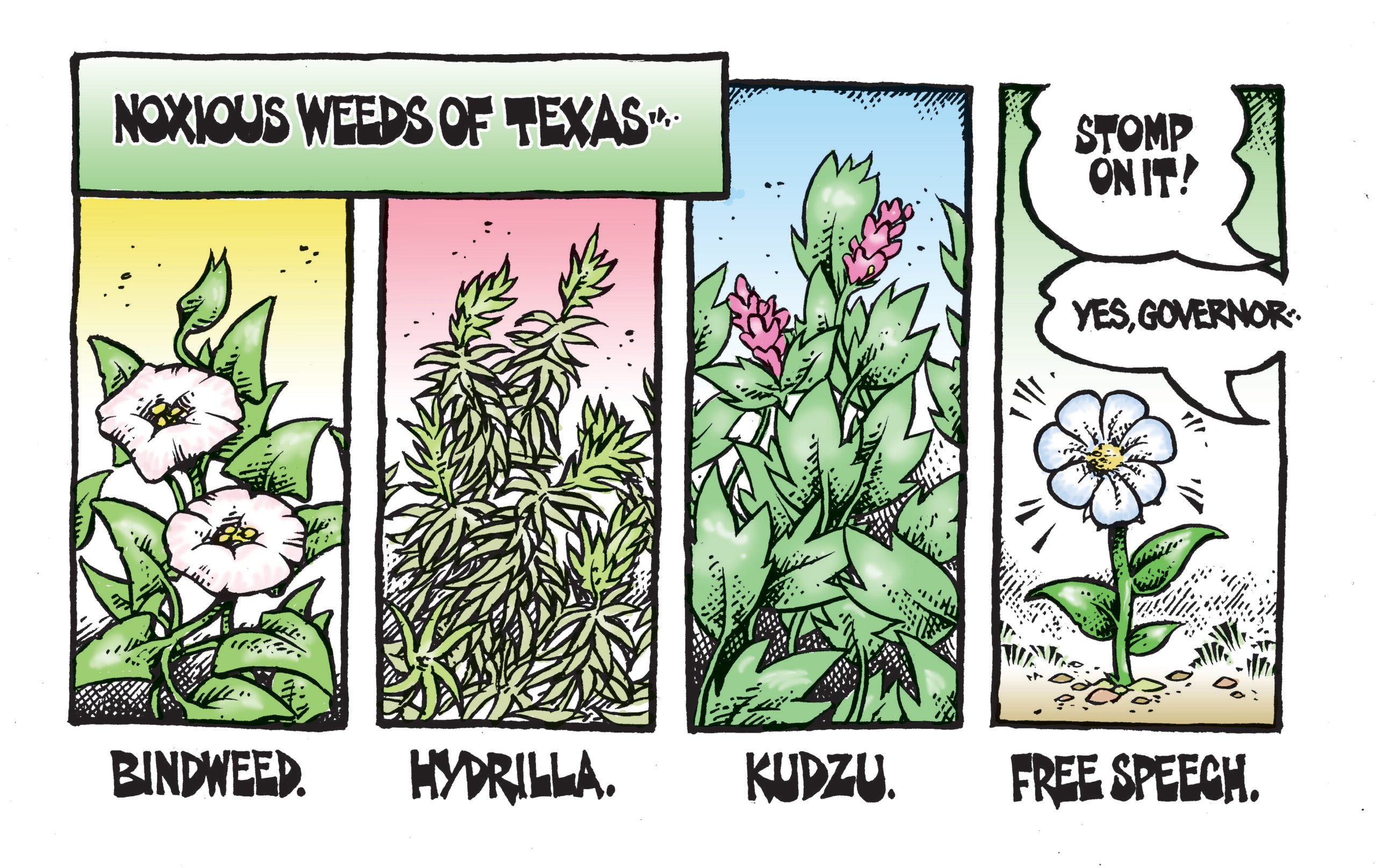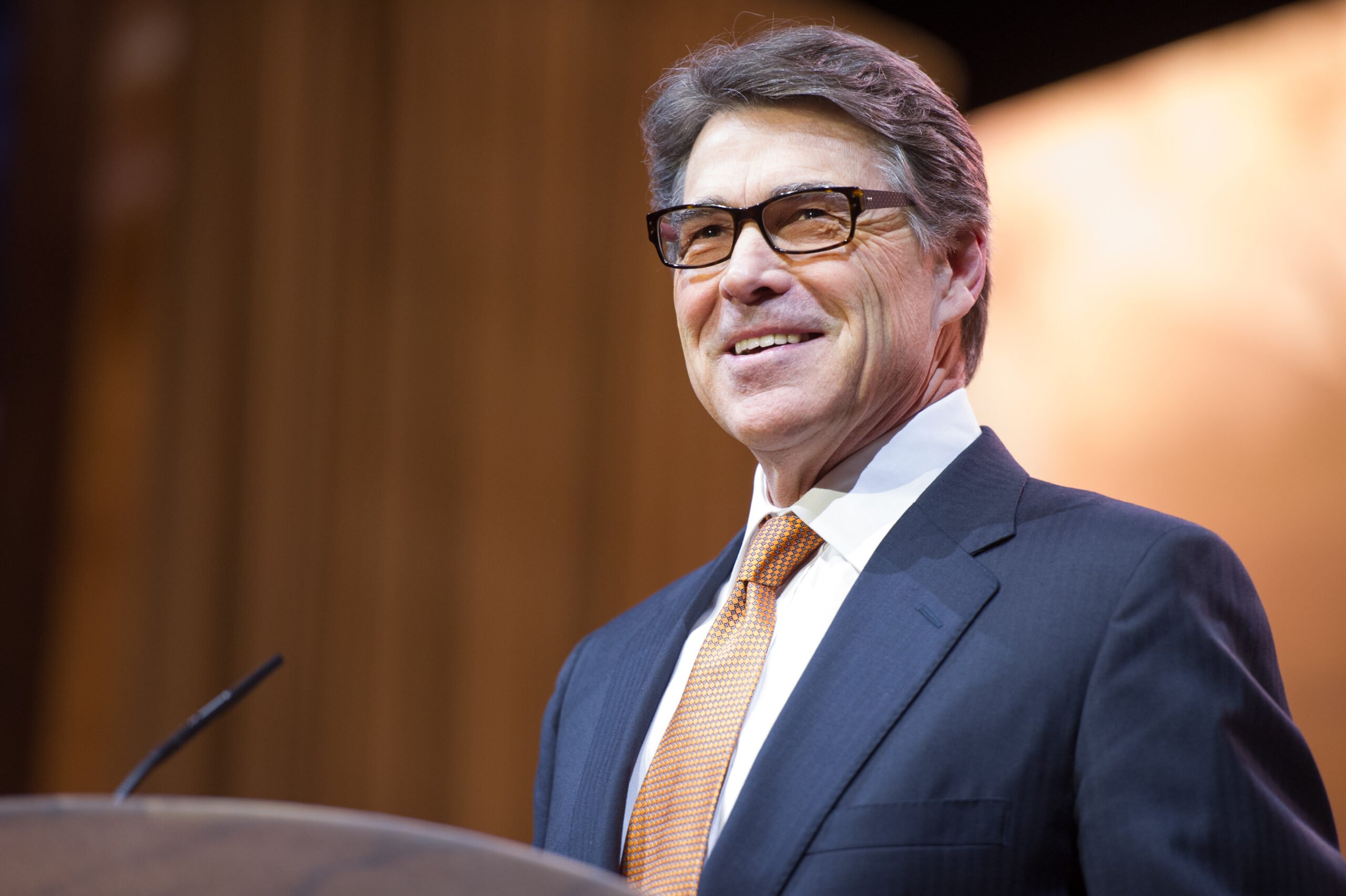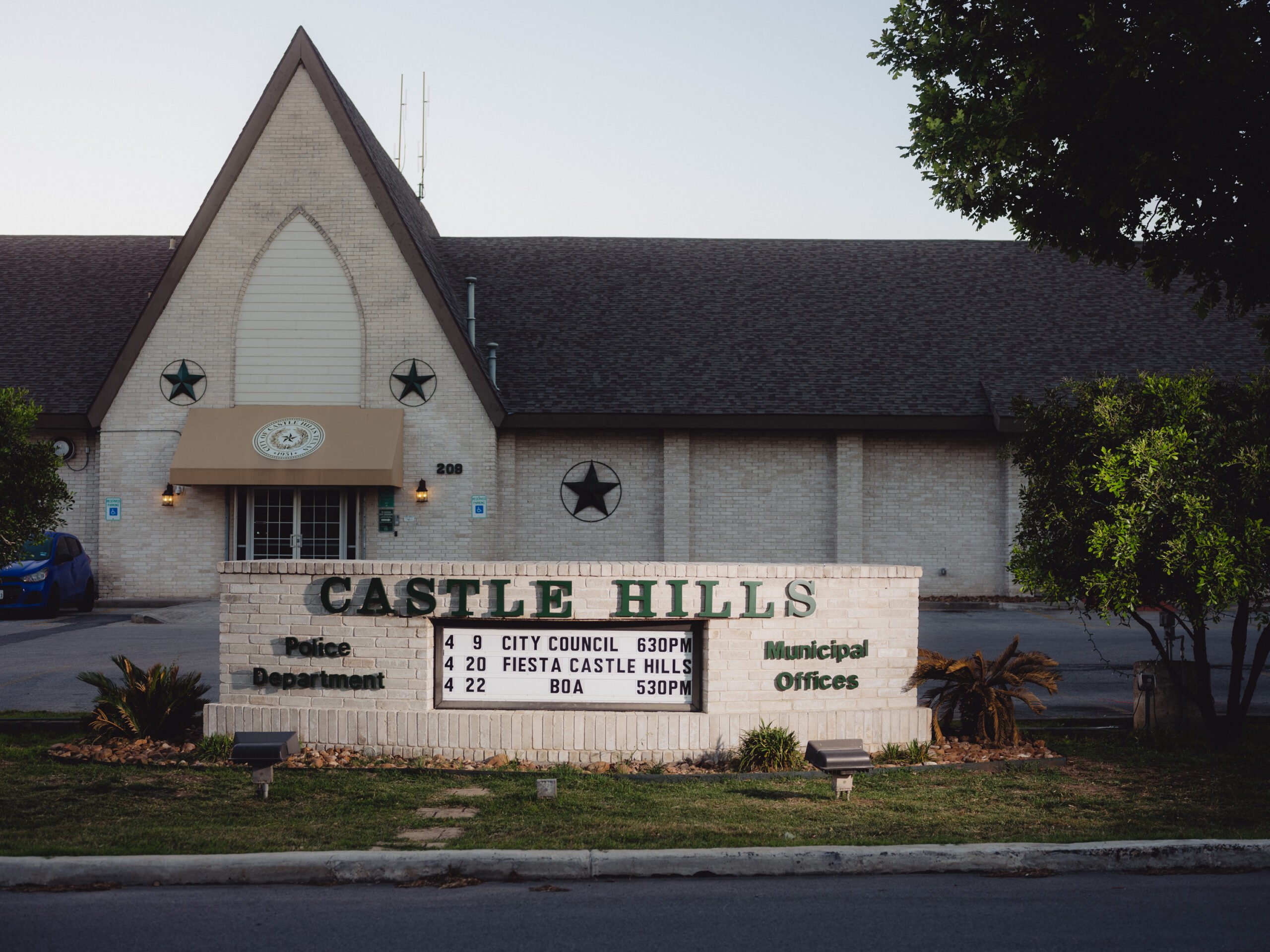ustxtxb_obs_1982_09_03_50_00010-00000_000.pdf
Page 23
not enough. With $100 billion plus deficits and American workers struggling to survive, our government has no business paying people to write poetry, especially poetry that is vulgar, anti-religious and demonstrates contempt for the American way of life.” “Contempt for the American way of life,” might be one way to describe the widespread campaign spending abuses of House incumbents as detailed by Bill Hogan, Diane Kiesel, and Alan Green in the Aug. 30 cover story for The New Republic. Curiously enough, Cong. Hall is one of two Texans mentioned in the article. Cong. Hall, the magazine reports, “whose personal financial statement filed with the House clerk shows at least $1.6 million in assets last year, ran up $12,696 in American Express bills in 1981 for ‘campaign’ meals, travel, gifts, and entertainment, much of it in Washington and some in Hong Kong. Other expenses charged to his campaign included a $384 stereo cassette player from Sears, so, his reports claim, he could `learn to speak Spanish,’ and $245 in wedding gifts for the daughters of two Congressional colleagues. Hall’s expen sive politicking was done without an office, a telephone, a staff or even, in the last election, an opponent.” Cong. Hall, according to administrative assistant Kenneth Black, “had checked it with the FEC and had gotten assurances that it’s totally proper and legal.” On the NEA blast, Black said one example of what angered the congressman was a $10,000 grant to a poet and novelist named Tom Veitch, a pseudonym for Ron Padgett, who, according to Black, has served as an NEA consultant. “His poems are no doubt avant garde,” Black said, “but what they really are is total cynicism.” Black said that one line in a Veitch poem went something like “I don’t care if America slid into the ocean . . .” and another spoke of “my eyes, like glistening grapes of gladness, and yours, like two turds floating in your face.” The other Texan mentioned in the New Republic article was Democratic Cong. Kent Hance of Lubbock who “charged a $1,887 payment to Pan Am airlines to his campaign committee. Reviewers of the committee report would not know that the payment enabled the Hances to fly back home from China. The couple had been part of a White House contingent touring the country, but an aide says they left early so he could get back to the House floor to cast votes.” The New Republic could have focused on the record of Cong. Charles “Good Times Charlie” Wilson. A member of the House Ethics Committee and the Democratic policy-making body in the House, the Lufkin Democrat has spent more than $8,000 in campaign contributions on hotels, meals, and entertainment since January 1981. Dave Montgomery of the Fort Worth StarTelegram Washington bureau reports that the expenditures include a $656 bill at a Middle East hotel, $1,400 on Washington show tickets, and several restaurant bills ranging from $100 to $400. Over the last 20 months, Wilson has spent more than $3,200 on meals and entertainment in Washington. Wilson told Montgomery that the expenditures were used to entertain supporters and constituents and apparently are permitted by the FEC. HIGHTOWER showed up,” Carrol Draper tells Hightower. Draper is an Agriculture Department employee, and he tells Hightower that Reagan Brown had everybody in the department believing they would lose their jobs if they weren’t Brown supporters. “We’ve calmed a lot of people down,” Hightower tells him.” By six, no one else has shown up, so Draper offers to drive the candidate to the local radio station. Riding past comfortable homes with green, shady yards, Hightower notices several well-tended gardens. “This is a good truck-garden area,” Draper tells him. “If we had a place to bring it in, under a shade somewhere, and we could advertise, we’d do real well. Those farmers you saw back there on the square, at one time they were run off for loitering. But then the city changed its mind.” KCOM-Radio is a white cement-block box on the edge of town. A brown horse grazing in a field next to the station watches the candidate go inside to make a tape. The air is pungent with the odor of pigs. “Everybody listens to KCOM,” Draper says. Soon Magness is driving east toward Hico, a small town on the Bosque River west of Waco. “Not a smashing success marks. “None of the courthouse people were there. The courthouse was dead. There wasn’t anybody in it. We’ll still win the county, it’s still a Democratic county. I damn near carried the county in the primary, 45 to 49.” Hightower seems perplexed, perhaps a little hurt, by his Comanche reception. He recalls a night last winter in Roby, near Abilene, when the roads were too icy for anyone to be driving, and yet 60 or 70 people packed a community center to greet him. He remembers a story Maury Maverick told him about when he was running for the U.S. Senate, and how he drove from San Antonio to deep East Texas to deliver a speech, and only one person showed up to hear him. Maverick gave the speech anyway. “He told me that .because he knew there would be times like this,” Hightower says. HICO AT SUNSET, with water and trees and people, is an oasis. In a shady city park in a pecan grove next to the Bosque, several agricultural groups are throwing a barbecue, and cars, tractors, and pickups are parked all around the large, open-air picnic shelter. Hightower climbs out of the car, leaves his coat on the backseat, and for the sixth time this day, claps his hat atop his head and ambles over to meet the folks. Men in jeans or overalls, their faces sun-scorched beneath gimme caps, and their wives in light-colored summer dresses or polyester slacks greet the candidate warmly. The barbecue is good and the talk is casual, but the tone is one of bitterness and frustration. Later, for example, Mike Mueller of the Texas Farmers Union will tell how his greatgrandfather in the 1880’s got $2 a bushel for shelled corn, and how that’s about what the price is today, though it’s expected to drop to $1.50. A dairy farmer from Denton County named Tooter Pruett tells of low wheat prices, low beef prices, and high fuel prices. A farmer from Hico tells how he was forced out of farming last year, mainly because of high interest rates, and a grain farmer from Burleson reminds his fellow farmers that “Those guys in D.C. are your hired hands, and like Eddie Chiles says, ‘If you don’t like ’em, fire ’em.’ ” After a prayer and the pledge of allegiance to a flag attached to a nearby tractor, Mike Mueller introduces Hightower who stands on a low platform before an audience of 75 or so seated on white wooden benches. Behind him, members of a 10-piece senior citizens’ band that had been playing rather stately renditions of country-and-western classics pack up their instruments and stroll off to find a seat. It is dark now, and in the bleak glare of three naked light bulbs above his head, Hightower looks tired, his face drawn. His delivery is mechanical, the oft-repeated words hollow. He talks about the Reagan administration’s “toad policy” of agriculture 10 SEPTEMBER 3, 1982


